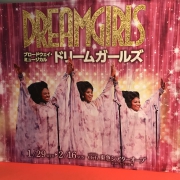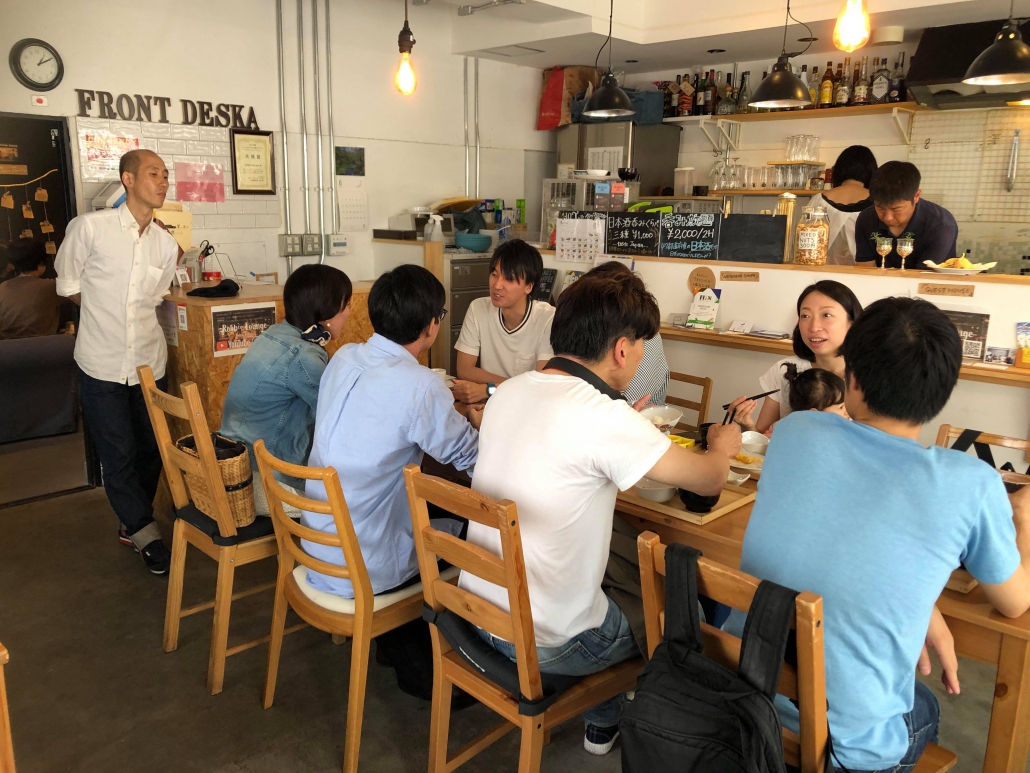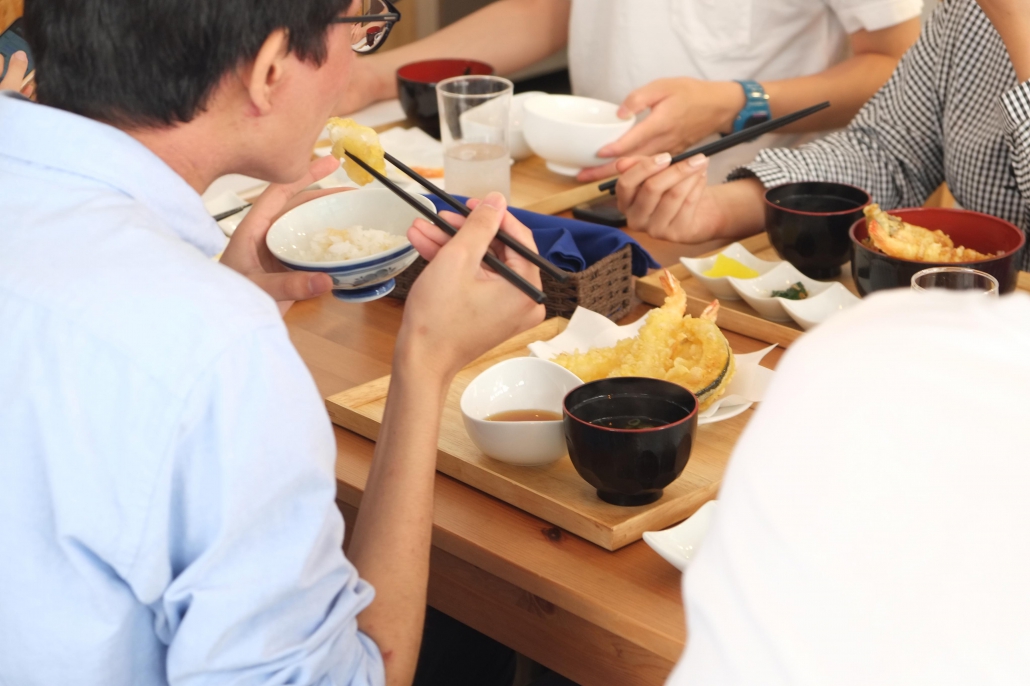Have you ever heard of ‘Global Teacher Prize’ known as Nobel Prize for education?
https://www.globalteacherprize.org/
There was a debriefing session on June 2, and I also participated.
This year, there were 30,000 applicants from 100 countries. One of the 10 finalists was a Japanese teacher.
His name is Mr. Masakazu Shoto, an English teacher at an elementary school in Kyoto. He is the third Japanese finalist for the Global Teacher Prize in its history
Mr. Shoto mentioned the following three points as common points of becoming a finalist for the Global teacher prize.
1. The first point is ‘reproducibility’. It should not be the kind of education that can be realized by only one teacher, but an education that anyone can do anywhere.
2. The second point is that the effects and achievements of the students educated by the teacher are clearly visible.
3. The third is that the teacher’s education has an impact on the community he belongs to. He also emphasized that the award has been given to teachers in rural areas, not just to teachers in urban schools. Note, the Japanese teachers who became finalists are from Tokyo, Maibara ,and Kyoto.
It was also common to all three that they are English teachers. In addition, they all applied for the global teacher prize with no recommendation but their own.
I thought, “It is a global award, so it has to be mandatory to be able to speak English.” However, this year’s 10 finalists had two teachers who could not speak English. These teachers were from Brazil and Argentina.
Hearing those, I was surprised because it was so different from what I thought.
Last year, I recommended a teacher I deeply respect, but unfortunately, she didn’t get a place. I was really disappointed, but now I think I had a different idea about the prize. I thought a superstar teacher would win the prize which doesn’t seem to be the case.
Mr. Shoto was interviewed by media from 100 countries at the award ceremony. But 2 countries didn’t come to cover the news. It was Japan and Korea… he said that it might be related to their core education policy which is to raise the deviation value for the examination.










